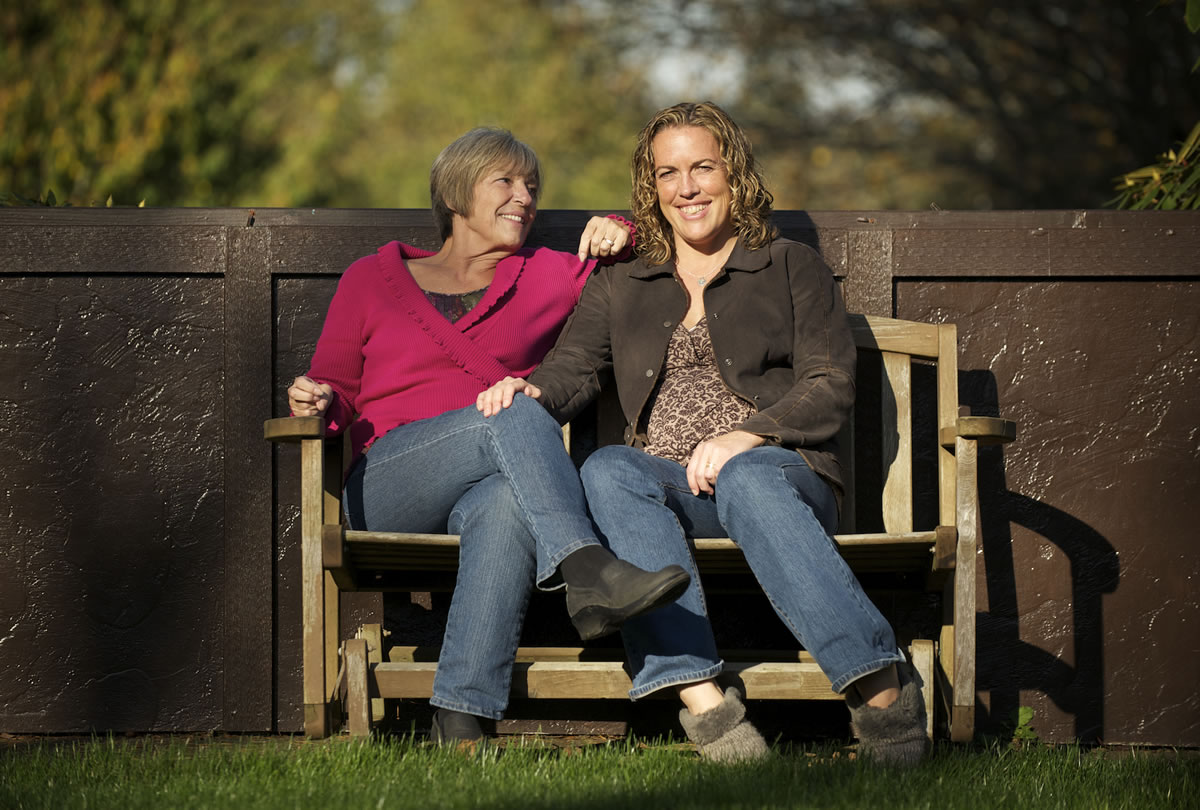She wasn’t supposed to survive.
Jennifer Browning grew up hearing those words.
When she was 1 year old, Browning contracted E. coli. The infection caused her kidneys to fail, sparking the need for dialysis treatment.
• Code your driver’s license, permit or ID card as a donor.
• Sign up on the donor registry at Donate Life.
• Request a paper form at 800-452-1369.
After four months, the toddler’s kidneys began to function on their own again. But the scar tissue meant she would eventually need a kidney transplant.
For the next 20 years, Browning led a normal, active life. She traveled, played sports, moved to Los Angeles.




